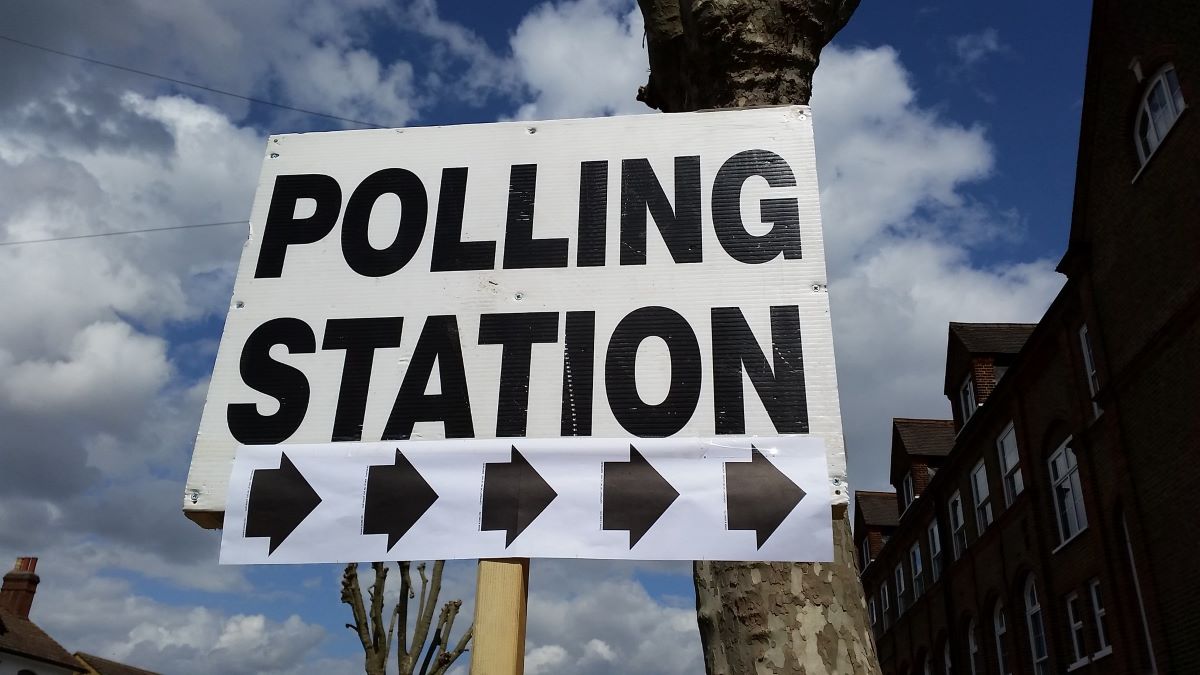Fed Admits Fault for Silicon Valley Bank Collapse in ‘Unflinching’ Report
The Federal Reserve Admits Oversight Failures and Promises Tougher Regulations

A security guard stands outside of the entrance of the Silicon Valley Bank headquarters in Santa Clara, California, U.S., March 13, 2023. REUTERS/Brittany Hosea-Small
The Federal Reserve has issued a scathing assessment of its failure to identify problems and push for fixes at Silicon Valley Bank before the U.S. lender’s collapse. The Fed has promised tougher supervision and stricter rules for banks to prevent similar failures in the future.
Weaknesses in Regulation and Supervision Must Be Addressed
The Fed’s oversight of the Santa Clara, California-based bank proved inadequate, and regulatory standards were too low. Fed Vice Chair for Supervision Michael Barr called for an “unflinching” review of the U.S. central bank’s supervision of SVB. The report, which is typically not made public, was accompanied by a letter from Barr, stating that “SVB’s failure demonstrates that there are weaknesses in regulation and supervision that must be addressed.”
- Supervisors of SVB did not fully appreciate the problems, delaying their responses to gather more evidence even as weaknesses mounted.
- They failed to appropriately escalate certain deficiencies when they were identified.
- At the time of its failure, SVB had 31 unaddressed citations on its safety and soundness, triple what its peers in the banking sector had.
The Fed is looking at linking executive compensation to fixing problems at banks designated as deficient on management so as to focus executives’ attention on those problems.
Increased Capital and Liquidity Requirements Would Have Bolstered SVB’s Resilience
While it was the regional bank’s own mismanagement of basic risks that was at the root of SVB’s downfall, the Fed said that increased capital and liquidity requirements would have bolstered SVB’s resilience. The central bank will reexamine how it supervises and regulates liquidity risk, beginning with the risks of uninsured deposits.
Regulators shut SVB on March 10 after customers withdrew $42 billion on the previous day and queued requests for another $100 billion the following morning. The historic run triggered massive deposit outflows at other regional banks that were seen to have similar weaknesses, including a large proportion of uninsured deposits and big holdings of long-term securities that had lost market value as the Fed raised short-term interest rates.
Supervision Headcount Fell
Before the twin failures in March, banking regulators had focused most of their supervisory firepower on the very biggest U.S. banks that were seen as critical to financial stability. The realization that smaller banks are capable not only of causing ructions in the broader financial system but of doing it at such speed has forced a rethink.
Between 2016 and 2022, as assets in the banking sector grew 37%, the Fed’s supervision headcount declined by 3%, according to the report. As SVB itself grew, the Fed did not step up its supervisory game quickly enough, allowing weaknesses to fester as executives left them unaddressed, even after staff finally did downgrade the bank’s confidential rating to “not-well-managed.”
Conclusion
The Federal Reserve’s admission of oversight failures and promise of tougher regulations is a step in the right direction. Increased capital and liquidity requirements, along with better supervision and regulation, will help prevent similar failures in the future. The Fed’s reexamination of how it supervises and regulates liquidity risk is a positive move, and linking executive compensation to fixing problems at deficient banks will help focus executives’ attention on those problems. It’s time to fix the weaknesses in regulation and supervision to prevent further damage to the banking sector and the broader financial system.
" Conservative News Daily does not always share or support the views and opinions expressed here; they are just those of the writer."




